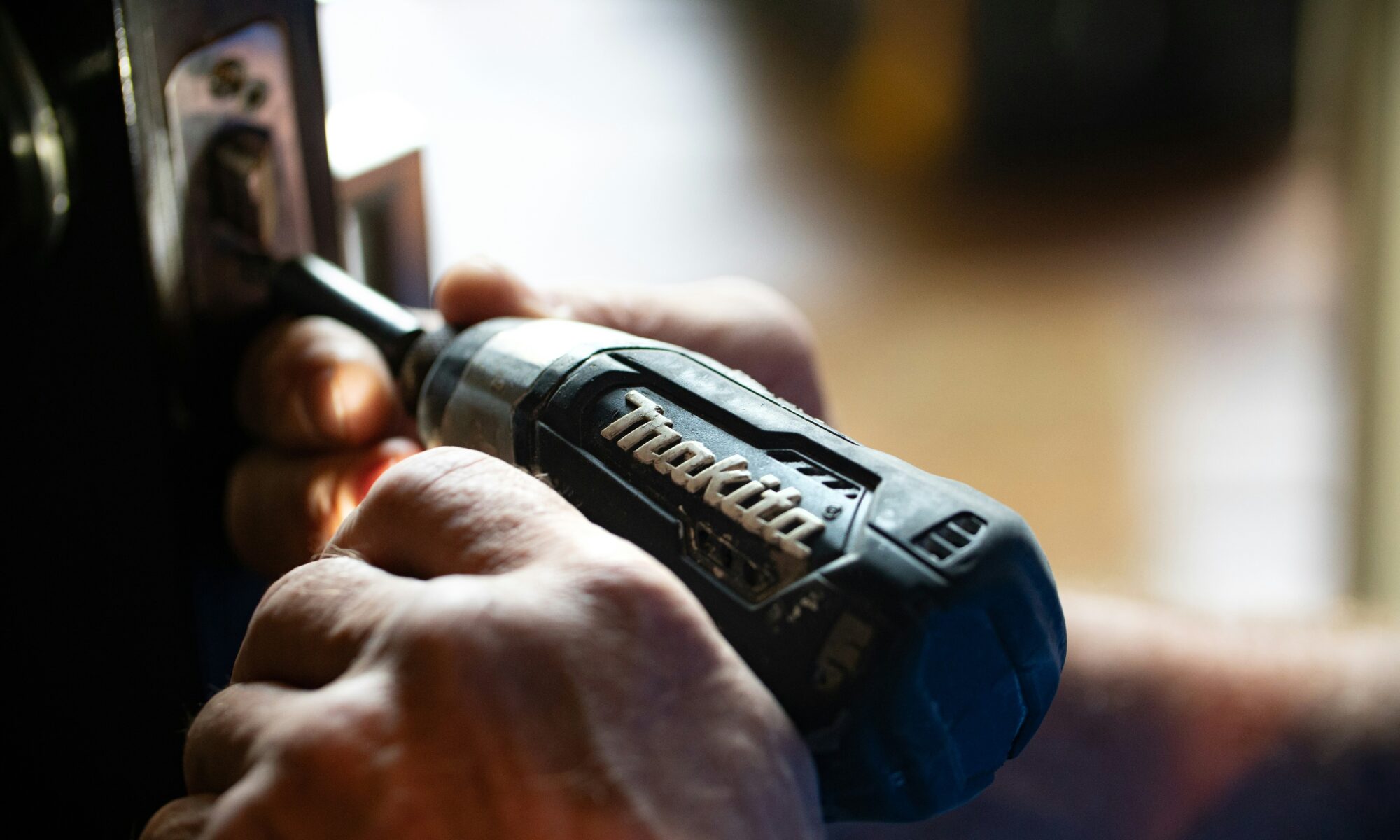Finding the right handyman service can make all the difference when it comes to home repairs and maintenance. Whether dealing with a leaking faucet, electrical issues, or more complex tasks like installing new fixtures, having a reliable handyman can save you time, money, and stress. However, with so many options available, choosing the right one for your needs can be a challenge. To help you navigate this decision, we’ve compiled a comprehensive guide on choosing the best handyman service for your home repairs.
1. Determine the Scope of the Repair
Before you even begin searching for a handyman, it’s essential to identify the specific repairs you need. Handyman services can range from minor fixes like patching up a hole in the wall to more complex tasks such as electrical or plumbing work. Understanding the scope of your repair will help you find the right professional with the skills and experience necessary to handle the job effectively.
Key Questions to Ask Yourself:
- What exactly needs to be fixed or installed?
- Is the job minor or more involved?
- Will you need specialized tools or equipment for the repair?
- Do you need any permits or approvals for the job?
By answering these questions, you’ll get a clearer idea of the type of handyman service you need. For example, if you require plumbing or electrical work, hiring a licensed professional rather than a general handyman might be better.
2. Look for Experience and Specialization
When selecting a handyman service, experience is one of the most important factors to consider. An experienced handyman will have a broad range of skills and be familiar with different types of home repairs and issues. The more experience a handyman has, the more likely they are to handle your repair, preventing costly mistakes or delays efficiently.
However, experience alone may not be enough. Depending on the nature of the repair, you may need a handyman who specializes in a particular field. For example, if your home needs electrical work, you’ll want a handyman with a background in electrical repairs. For plumbing issues, you should opt for a handyman with plumbing experience. Always check if the handyman has experience handling the specific repair you need.
How to Check Experience:
- Look for a handyman with years of industry experience.
- Ask for references or read reviews to see how well they have handled similar jobs.
- Check whether they have the right certifications or training for specialized tasks.
3. Check for Licensing and Insurance
While many handymen are skilled professionals, not all of them are licensed or insured. In some regions, certain home repairs (like electrical or plumbing work) require licensed professionals to ensure safety and compliance with building codes. Always ask whether the handyman is licensed for the specific tasks you need.
In addition to licensing, insurance is crucial. A handyman with insurance protects you from any potential damages or accidents that may occur during the job. Without insurance, you could be liable for damages caused by the handyman, which could result in a significant financial burden.
What to Look For:
- Ensure that the handyman has the appropriate licensing for the work they’ll be doing.
- Verify that they carry general liability insurance and workers’ compensation in case of accidents.
- Ask for proof of insurance before the job begins.

4. Get Multiple Quotes
Price is often one of the most important factors when choosing a handyman service, but it’s essential to strike a balance between cost and quality. Getting multiple quotes from different handymen can help you gauge a fair price for the job. While it might be tempting to go with the cheapest option, be cautious—sometimes the lowest price can indicate a lack of experience, poor-quality work, or potential hidden fees.
When requesting quotes, make sure they are detailed and include all costs associated with the project, including labor, materials, and any additional charges. A reliable handyman will provide a written estimate clearly outlining the scope of work and total cost, helping you avoid surprises.
Tips for Comparing Quotes:
- Request quotes from at least three different handymen.
- Compare not just the price, but also the scope of services included.
- Be wary of quotes that are significantly lower than the others—they might cut corners.
5. Read Reviews and Ask for References
Customer reviews and references can give you valuable insight into the handyman’s reliability, professionalism, and quality of work. Reviews provide a snapshot of the handyman’s reputation and can help you decide whether they are the right fit for your home repair.
When reading reviews, look for patterns—are customers generally satisfied with the work? Are there recurring complaints? A good handyman service will have mostly positive feedback, with some constructive criticism. You can also ask the handyman directly for references from previous clients who have done similar work.
Where to Find Reviews:
- Check online review platforms like Google Reviews, Yelp, or Facebook.
- Ask friends, family, or neighbors for recommendations.
- Visit the handyman’s website or social media profiles for testimonials.
6. Assess Communication and Customer Service
Effective communication is crucial when working with any service provider. A reliable handyman should be easy to communicate with, responsive to your inquiries, and clear about the work they will be performing. Good customer service helps ensure that the job will be completed on time, to your satisfaction, and within budget.
During your initial conversation, assess how quickly the handyman responds to your calls or emails, how clear they are in their explanations, and how well they listen to your concerns. A professional handyman will take the time to explain the process, answer any questions, and address any concerns you might have.
What to Look For:
- A timely and clear response to your inquiries.
- Politeness and a professional attitude.
- Willingness to answer all your questions and provide information about the job.
7. Trust Your Instincts
Finally, trust your instincts when choosing a handyman service. If something feels off—whether it’s the handyman’s attitude, lack of transparency, or unreasonable pricing—it’s better to walk away and keep looking for another professional. Choosing the right handyman is about more than just technical skills; it’s about building trust and ensuring the work gets done properly.
Trust your gut when interacting with the handyman. If you feel comfortable, confident, and reassured, that’s a good sign. However, if you’re hesitant or uncomfortable, it’s okay to keep searching for someone else.
Final Thoughts
Choosing the right handyman service for your home repairs is a crucial decision that can impact the quality and efficiency of the work done. By considering the experience, licensing, insurance, reviews, and communication skills of potential handymen, you can ensure that you select a professional who will handle your home repairs with care and expertise.
While price is an important factor, it should never be the sole determinant in your decision. It’s important to balance cost with quality and choose a handyman who meets all of your criteria. With these tips in mind, you’ll be better equipped to find the right handyman service for your home and enjoy a smooth, hassle-free repair experience.


















You must be logged in to post a comment.